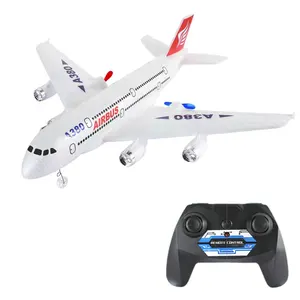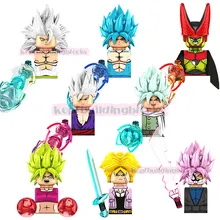Exploring the World of RC Planes
The realm of RC planes is a fascinating category that captivates hobbyists and aviation enthusiasts alike. These scaled-down aircraft offer a unique blend of technology, skill, and the thrill of flight. With a diverse range of models, from the sleek and fast to the more robust and stable, there is an RC plane to suit every interest and skill level.
Types and Features of RC Airplanes
RC airplanes come in various forms, including traditional propeller-driven models, sleek jets, and even gliders. Features such as one key takeoff/landing and headless mode cater to beginners, while advanced pilots might prefer models with app control for a more immersive flying experience. The construction of these planes can range from lightweight foam to more durable plastics and metals, affecting both performance and durability.
Applications and User Demographics
While some may think of RC planes as mere toys, they serve a broader purpose. Educational institutions use them to teach aerodynamics and physics. They are also used by hobbyists for recreational flying and by professionals for aerial photography and remote sensing. The demographic is diverse, with planes suitable for all ages, from children to adults, ensuring that the joy of flying is accessible to everyone.
Choosing the Right RC Plane
Selecting the right RC plane involves considering the user's age and skill level. Models designed for 8 to 13 years old typically feature more safety and ease-of-use functions, while planes for ages 5 to 7 years are simpler and more robust. Adult enthusiasts might opt for sophisticated models with intricate controls and capabilities. Whether it's for remote control enthusiasts or those who prefer hand control, there's a model that fits every preference.
Advantages of Engaging with RC Planes
Engaging with RC planes is not just about the excitement of flying; it's also about the community and the shared passion for aviation. Pilots learn valuable skills such as hand-eye coordination, spatial awareness, and technical knowledge. Furthermore, the activity encourages outdoor time, which can be a healthy respite from the digital world.
Materials and Sustainability
The materials used in the construction of RC planes are chosen for their balance between weight and strength. Innovations in materials have allowed for more sustainable options, reducing the environmental impact of the hobby. Manufacturers are continually exploring eco-friendly materials to ensure that the enjoyment of RC planes can continue with a reduced ecological footprint.








































 浙公网安备 33010002000092号
浙公网安备 33010002000092号 浙B2-20120091-4
浙B2-20120091-4